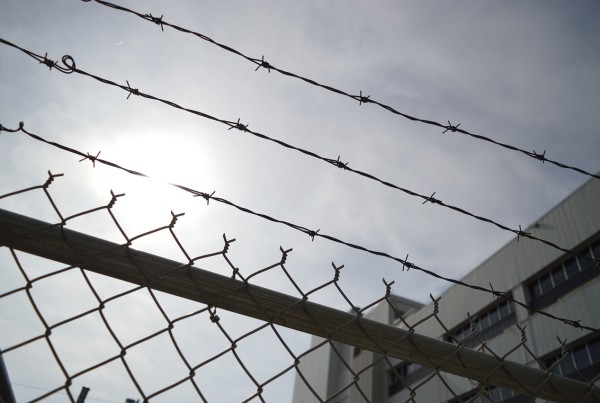A few weeks ago on the campaign trail, Hillary Clinton was joined by Geneva Reed-Veal. Some may recognize that name – she’s the mother of Sandra Bland. Bland’s death last summer in a jail on the outskirts of Houston led to weeks of protests and heated debate over how police manage routine traffic stops. And moreover, how an infraction like failure to signal could end up in the death of the person accused.
The trooper who arrested Bland, Brian Encinia, has been fired. He’s also been indicted on perjury charges, accused of making false statements about why he ordered Bland out of her car in the first place.
Bland’s jailhouse death has been ruled a suicide and Bland’s family has filed a wrongful death lawsuit. In the nine months since the incident, an independent civilian review panel has released its findings and a series of recommendations for officials in Waller County, where the incident unfolded.
JoAnne Musick, president of the Harris County Criminal Lawyers Association and a member of that panel, says the panel was comprised of mostly criminal defense lawyers. They examine the internal workings of both the sheriff’s department and the county jail in Waller County.
“We just really expected this to be pretty horrific and that we were going to find that the cops just aren’t doing their job right,” she says. “Ultimately, we found that they’re actually doing a pretty good job – we were a little surprised by that.”
Musick says that in a small-town rural community like Prairie View, they expected to see more of the “good ol’ boy” system. But, she says, the sheriff gave them “unfettered access” and they saw officers more or less doing what they’re supposed to do.
“Anybody knowing that we’re going to be in and around is going to act on their best behavior,” she says. “…We did not have to be announced – we could show up. We could go where we wanted, do what we wanted.”
The panel recommended better inmate screening – right now, regular booking officers and jail staff conduct the screening.
“That screening is not being done by somebody with specialized training,” Musick says. “It’s also being done by jail personnel who potentially have already a distrust with the inmate…. (The inmates) are not really open and honest when talking to jailers about their medical needs or their mental health needs.”
One suggestion is to use emergency medical technicians instead of jailers, because they have medical training but may not be as expensive for the county to hire as a dedicated nurse or other medical personnel on staff.















